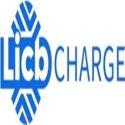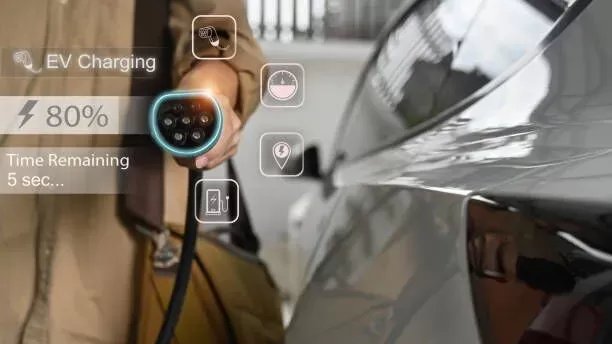How Long Does It Take to Charge an Electric Car?
As a leading EV charger manufacturer in China, LiCB Charge delivers reliable AC and DC electric vehicle charging stations along with comprehensive charging solutions tailored to diverse needs.
As electric vehicles (EVs) become increasingly popular, a common question among potential EV drivers is: how long does it take to charge an electric car? The time required to charge an EV varies greatly, influenced by several factors such as the type of charger, the battery size, and environmental conditions. This article breaks down the key elements that determine charging speeds, helping you understand what to expect when charging your electric car.
Factors That Affect EV Charging Speed
-
Battery Size
The size of your EV’s battery, measured in kilowatt-hours (kWh), directly impacts how long it will take to charge. Larger batteries generally take longer to charge, particularly when using lower-power chargers. For example, a car with a 100kWh battery will take longer to charge than one with a 50kWh battery, assuming the same charger type is used. -
State of Charge
Charging from an empty battery usually takes longer than topping up from a partially charged state. Charging from 50% to 80% typically requires less time than charging from 0% to 50%. Most chargers deliver power more quickly in the lower range, slowing down as the battery reaches capacity to protect the cells. -
Vehicle’s Maximum Charging Rate
Every EV has a maximum charging rate that it can handle. If your car's maximum charging rate is 7kW, it won’t benefit from a charger that delivers 22kW; it will still charge at 7kW. Knowing your car’s maximum rate helps you determine the best charger to use for optimal speeds. -
Charge Point’s Maximum Charging Rate
The charging station also plays a key role. Even if your vehicle can accept more power, if the charger is limited to 7kW, it will charge at that rate. The charger’s power output should align with your vehicle’s capabilities to ensure faster charging. -
Environmental Conditions
Cold weather can reduce charging speeds, particularly with rapid chargers. Cold batteries are less efficient, and the energy added per minute of charging might be lower in colder climates. Extreme temperatures can also impact the vehicle's ability to charge effectively.
Types of EV Chargers and Their Charging Speeds
Different types of chargers offer varying charging speeds, which can significantly impact how quickly your vehicle gains range:
-
Slow Chargers (Up to 3.7kW)
Charging Speed: Adds around 15 miles of range per hour.
Usage: Ideal for overnight home charging when you have extended time to charge. -
Fast Chargers
-
7kW Charger: Adds about 30 miles of range per hour.
-
22kW Charger: Adds around 90 miles of range per hour.
Usage: Common at public charging stations or homes with the appropriate setup.
-
-
Rapid Chargers
-
43-50kW Charger: Adds about 90 miles of range in 30 minutes.
-
150kW Charger: Adds up to 200 miles of range in 30 minutes (Note: These chargers are compatible with certain models, like Tesla).
Usage: Found at highway service stations and ideal for long-distance travel.
-
How Far Can an Electric Car Go on a Full Charge?
The distance an EV can travel on a full charge depends on the battery size and efficiency. Most modern EVs offer ranges between 150 to 400 miles per charge, with high-end models exceeding these numbers. However, real-world range can be influenced by driving habits, terrain, and weather conditions.
Which Charging Option Is Right for You?
-
Daily Commuters: A slow or fast charger at home is usually enough for overnight charging.
-
Frequent Travelers: Rapid chargers at public stations are ideal for quick top-ups during long trips.
-
Tesla or High-End EV Drivers: Ultra-rapid chargers (e.g., 150kW) are the best option for minimizing wait times during travel.
Conclusion
Charging an electric car can take anywhere from 30 minutes to several hours, depending on your vehicle, the charger type, and other factors. Understanding these variables helps you plan your charging sessions more efficiently. With the continual advancements in charging technology, EV owners can look forward to even faster and more convenient charging options in the future.Know more about Google SEO Directory



